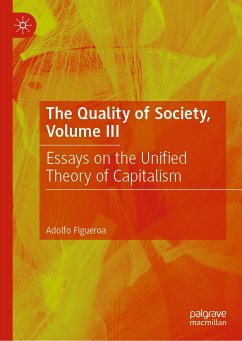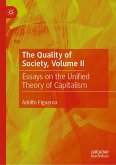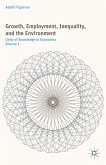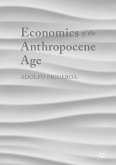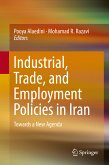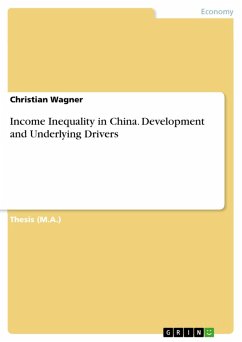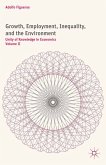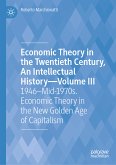This book contains another set of essays dealing with the fundamental economic problems of our time: inequality, environment degradation, and social disorder, which are analyzed in light of the unified theory of capitalism. This theory is a scientific endeavor that seeks to explain the capitalist system taken by parts and then taken as a whole, as a unified theory. By parts, the theory analyzes the First World and the Third World and also the short run, long run, and very long run economic processes, showing why and how economic growth has led to a new epoch, with ecological equilibrium disruption, known as the Anthropocene Age. The empirical predictions of the theory are proven to be consistent with the available facts. Therefore, the theory can be accepted as a good representation of the real-world capitalism; moreover, its derived causality relations become inputs for the debate on the needed science-based policies for the new age. Indeed, this book proposes structuralpolicies to change the way capitalism operates, through changes in its basic institutions, mainly the electoral democracy, which would certainly imply a re-foundation of the capitalist system.
Adolfo Figueroa holds a Ph.D. degree in economics from Vanderbilt University, USA. He is Professor Emeritus of Economics at the Pontifical Catholic University of Peru. He has published several books with Palgrave: The Quality of Society (Volumes I and II), Economics of the Anthropocene Age, Rules for Scientific Research in Economics, and Growth, Employment, Inequality, and the Environment. During his distinguished academic career, Figueroa served as Visiting Professor at American, European, and Latin American universities. As researcher, he participated in several international collaborative research projects (at the University of Oxford, University of Wisconsin-Madison, and others),as a professional economist, he worked as Consultant to several international organizations (World Bank, ILO, UNDP, FAO), doing fieldwork in Africa, Asia, and Latin America.
Dieser Download kann aus rechtlichen Gründen nur mit Rechnungsadresse in A, B, BG, CY, CZ, D, DK, EW, E, FIN, F, GR, HR, H, IRL, I, LT, L, LR, M, NL, PL, P, R, S, SLO, SK ausgeliefert werden.

